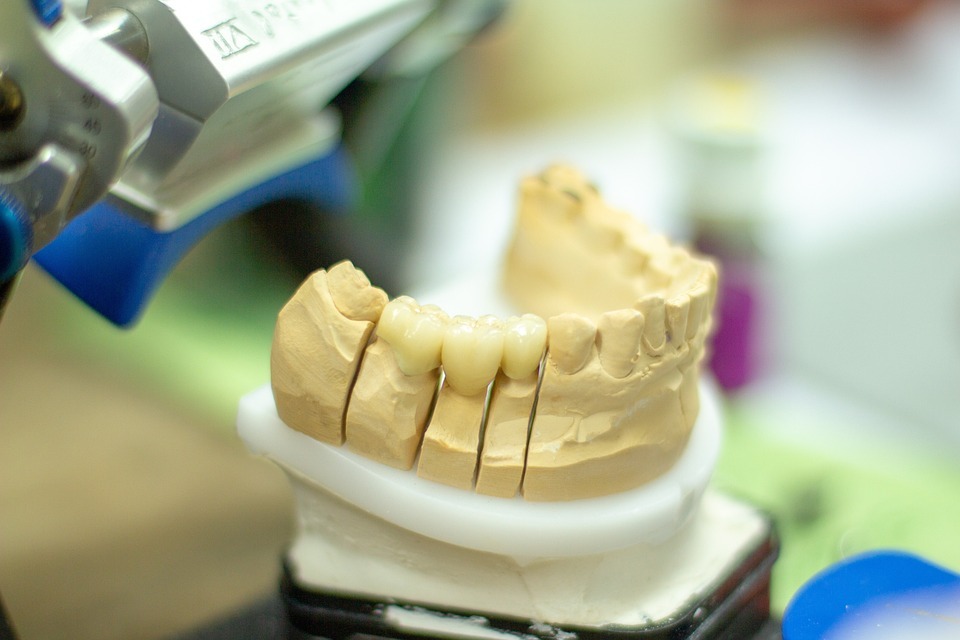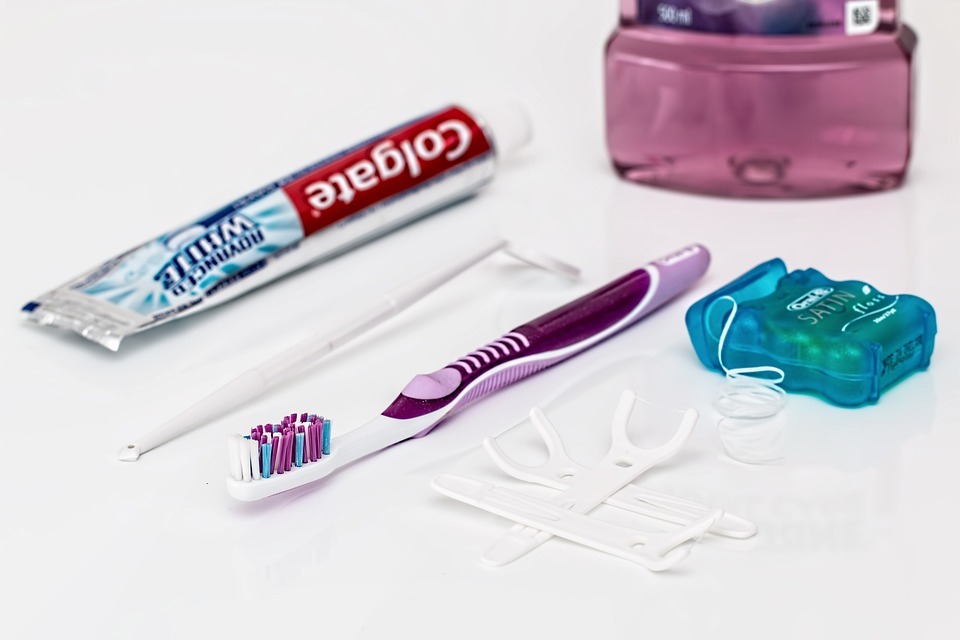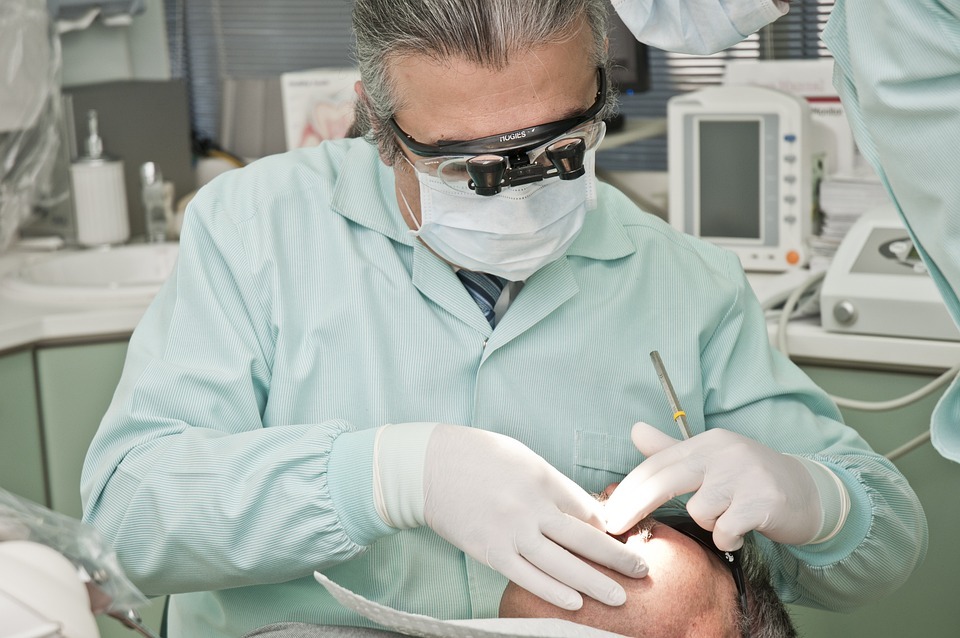Maintaining good oral health is important for everyone, but for seniors it is particularly so. As we age, our oral health can deteriorate, and this can lead to an increased risk of serious health problems, such as heart disease and stroke. Besides reducing the risk of chronic diseases, good dental health can also improve nutrition and self-esteem, and prevent complications. With the right knowledge and a few simple steps, anyone, including the elderly, can maintain good oral health to enjoy a happy, healthy life.
In this post, we will cover the basics of oral health for seniors, including the importance of regular check-ups, good oral hygiene, and lifestyle changes. We’ll also discuss some of the specific oral challenges that seniors face, such as dry mouth and gum disease. With these tips and advice, you’ll be able to keep your smile shining and your mouth healthy.
Common Oral Health Issues In Seniors
As people age, their oral health needs change, and they may become more susceptible to certain oral health issues. Some of the most common oral health issues in seniors include:
Gum Disease
Gum disease, also known as periodontal disease, is a common oral health issue in seniors. It can cause bleeding, swollen gums, and bad breath. Gum disease can also lead to tooth loss if left untreated.
Tooth Decay
Tooth decay is caused by acid producing bacteria that erode the tooth enamel. As people age, their teeth become more vulnerable to decay, especially if they have receding gums, dry mouth, or poor oral hygiene habits.
Dry Mouth
Many seniors experience dry mouth, a condition in which the salivary glands don’t produce enough saliva. Saliva helps neutralize acid in the mouth. Its deficiency can increase the risk of tooth decay and gum disease.
Tooth Sensitivity
As people age, their tooth enamel can become thinner. This makes their teeth more sensitive to hot, cold, and sweet foods and drinks.
Denture-Related Issues
Many seniors wear dentures. It is important for these dental aids to align well with their jawline, otherwise it can cause problems such as sore spots, irritation, and difficulty in chewing.
Oral Cancer
Oral cancer is more common in seniors than in younger adults. Risk factors include tobacco use, excessive alcohol consumption, and a diet low in fruits and vegetables.
The Importance of Oral Health in Seniors
Just as staying active is important for their physical wellbeing, maintaining oral health in seniors is essential for overall well being. Engaging in fun games for seniors and occasional snacks may make them happy, but maintaining their oral health is vital too. Here’s why:
Benefits of Good Oral Health
Seniors who maintain good oral hygiene can experience numerous benefits. Regular dental care can reduce the risk of chronic diseases such as diabetes and heart disease. It also improves nutrition through better digestion. Good oral health promotes self-confidence by restoring appearance and speech. Plus, it can also help prevent dental complications such as tooth decay and gum disease.
Ever wondered where does chewing gum come from? Find out now!
Factors Impacting Oral Health in Seniors
The American Dental Association (ADA) recommends regular preventive dental care for seniors to help keep their teeth in good shape. Unfortunately, many seniors fail to visit their dentist regularly due to high cost, transportation issues, or just because they do not feel the need to have regular check-ups.
Moreover, some seniors take medications that can affect their saliva production and increase their chances of developing cavities and other dental problems. Other factors such as poor diet, smoking, misaligned denture, dry mouth, and tooth loss can also contribute to poor oral health in seniors.
Dental Care Tips for Seniors
It’s important for seniors to maintain good oral hygiene habits, visit their dentist regularly, and report any changes or concerns to their dentist or healthcare provider. Here are some dental care tips that they should follow:
Preventive Dental Care
Seniors should brush twice a day using a soft-bristled toothbrush with fluoride toothpaste. This helps remove plaque buildup on the teeth and along the gum line. They should also floss at least once a day using either a traditional flosser or an interdental brush if it is easier to use.
If needed, they can use sugar-free mints or gum to stimulate saliva production if they are suffering from dry mouth symptoms.
Regular Dental Checkups
Besides proper brushing and flossing, everyone should visit their dentist at least once a year for a comprehensive exam and cleaning. However, it is important for seniors because during the appointment, the dentist will check for gum disease and any other issues. Such visits are useful because they can ask the dentist about any problems they might be having. For example, if they are having difficulty reaching certain areas, the dentist can recommend what they can do.
Diet and Oral Health
Eating a balanced diet is the key to maintaining good oral health in seniors. They should limit intake of foods high in sugar or starches as these can contribute to plaque buildup on the teeth and increase their risk of developing cavities and gum disease. Avoiding acidic beverages like coffee or soda can also help protect the enamel on the teeth from erosion caused by acidity levels in these drinks.
The Role of Nutrition in Maintaining Oral Health
What we consume throughout the day has a direct impact on our oral health. Here’s how:
Balanced Diet
Eating a balanced diet that includes plenty of fruits, vegetables, nuts and dairy products is essential for maintaining strong teeth and gums in seniors. Fruits like apples and strawberries contain natural sugars that help reduce the risk of decay. On the other hand, dairy products such as milk and cheese provide important minerals like calcium, which help strengthen bones and teeth.
Acidic Beverages
Beverages like juice, soda, coffee and wine contain high concentrations of acid that can erode enamel over time, increasing the risk of cavities. So, seniors should try to limit their consumption of these beverages as much as possible.
Sugars and Starchy Foods
Too much sugar in the diet can put teeth at risk for cavities, so it’s important to limit carbohydrate-rich foods, like cookies, cakes and candy bars. Starchy foods like potatoes and chips can also increase the risk of cavities if eaten too frequently. Consuming complex carbohydrates like oatmeal, whole grains, and legumes is a safer way of including carbohydrates in any senior’s diet plan.
Home Care Tips
Here are some home care tips that the seniors can follow for maintaining good oral health:
- It’s important to brush at least twice a day with a soft-bristled brush to remove plaque buildup on the teeth and gums
- Be sure to floss every day in order to remove any food particles between teeth that brushing can’t reach. Flossing also helps fight bad breath
- Use oral hygiene aids such as special brushes with wide or angled handles for those with arthritis or limited dexterity in their hands. Try electric toothbrushes with timers that let them know when time’s up
- Try rinsing solution kits or fluoride rinses, which can work together with daily brushing to keep teeth healthy between dentist visits
- Even if they take good care of their mouth at home, it is still important for them to see a dentist regularly. Dentists have special instruments for detecting problems not visible with the naked eye
The Benefits of Professional Treatment
Dentists can determine the condition of a senior’s gums by using special tools like periodontal probes to precisely measure how deep certain pockets in your gum line are. It helps pinpoint any areas where there might be an increased risk of gum disease due to bacteria buildup below the gum line.
If a cavity has formed on any of their teeth, then fillings may be necessary to prevent further decay. But if more serious damage has occurred, then a crown may be required which acts as a protective “cap” around the existing tooth structure, helping restore its shape as well as preventing further damage.
Despite regular brushing and flossing, a layer of stubborn tartar gradually builds up on the teeth. Regular dental cleanings can help remove this layer. If left untreated, it can eventually lead to gingivitis. These cleaning sessions are also a great opportunity to have the soft tissue inspected for any signs or symptoms indicative of gum disease.
If a senior or your loved one is missing multiple teeth, then dentures may be necessary in order to restore an attractive smile. However, if they are missing only one or a couple of teeth, dental bridges provide a cost effective option. In either case, it’s important that proper care instructions are followed.
Conclusion
Oral health is essential in all ages but becomes even more important during old age. This is because seniors are more prone to conditions like dry mouth and gingivitis. The risks associated with poor hygiene habits and diet choices also multiply. By following the advice outlined in this blog post, you should be able to ensure that your loved ones enjoy good oral health and an overall healthier lifestyle.







